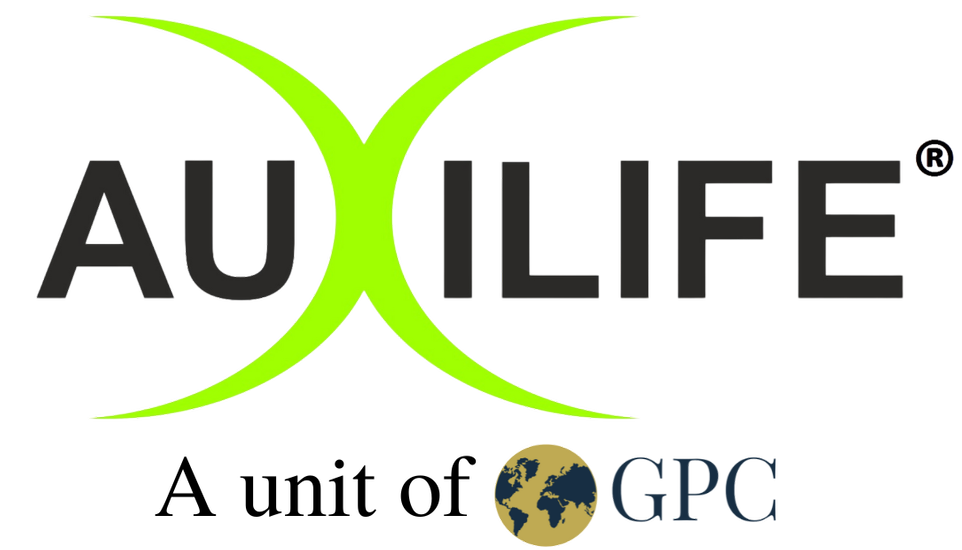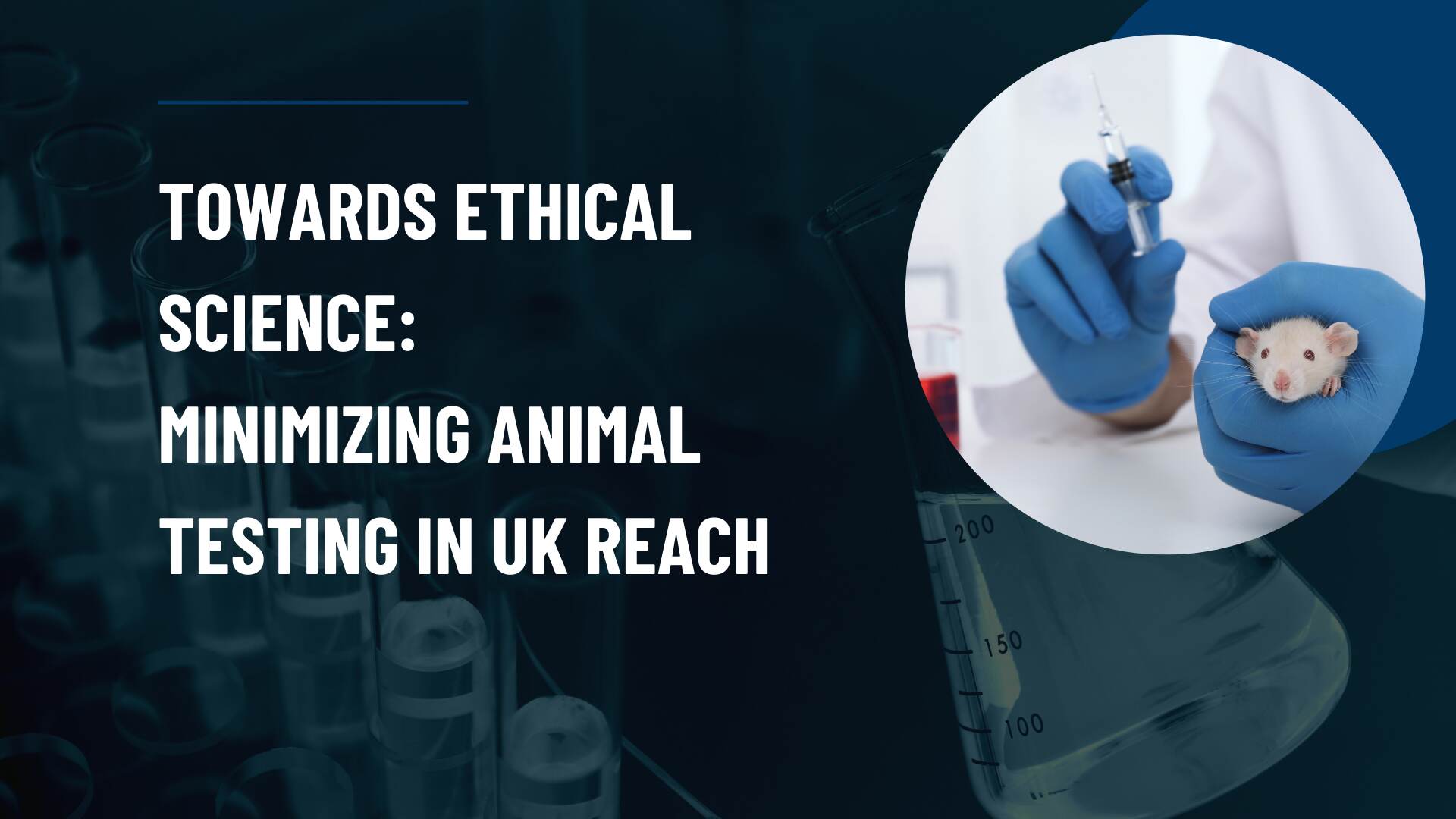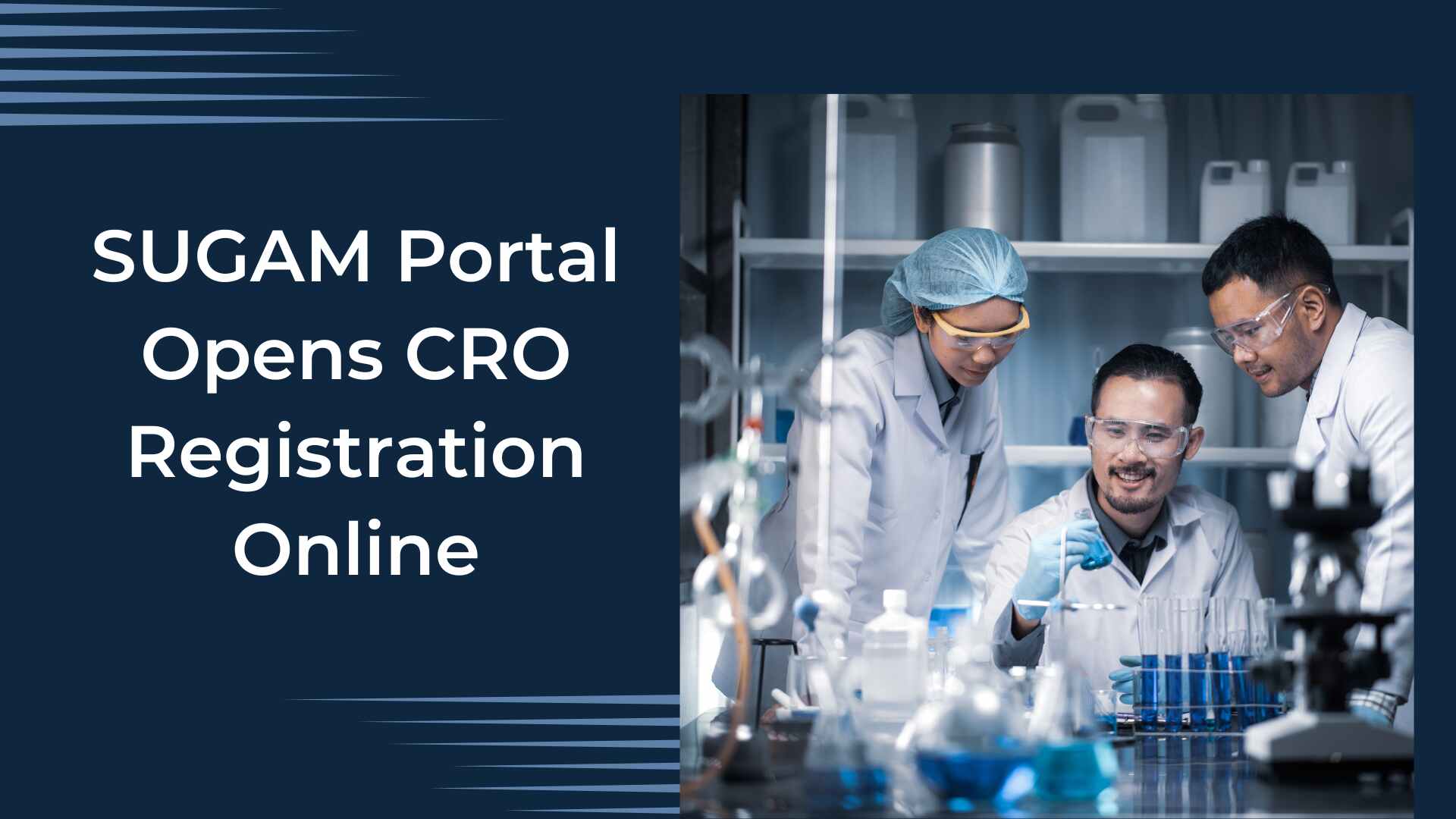The UK Health and Safety Executive (HSE) has issued new guidance for UK REACH registrants to prioritize the reduction and replacement of animal testing in the chemical registration process. This move underscores the UK’s commitment to ethical and scientific practices in the chemical industry.
The UK Health and Safety Executive (HSE) has released new recommendations to UK REACH registrants, advising them to priorities the reduction and replacement of animal testing in the chemical registration process. This step demonstrates the UK’s dedication to ethical and scientific procedures in the chemical industry.
Innovative Approaches: Cutting Down on Animal Testing
· Leverage Existing Data: Registrants are advised to use existing toxicological, ecotoxicological, and physicochemical data on chemicals in order to prevent unnecessary testing.
· Data Sharing and Collaboration: Participating in the Article 26 inquiry procedure enables registrants to communicate information among substance groupings, avoiding the need for repetitive testing.
· Explore Non-Animal Alternatives: Quantitative structure-activity relationship (QSAR) models, in vitro methodologies, and read-across procedures can give useful insights without the need for animal testing.
· Weight-of-Evidence Approach: By considering all relevant information, registrants may make informed decision about information needs while reducing the necessity for animal testing.
· Submit Detailed Testing Proposals: If animal testing is considered required, registrants must submit a thorough testing plan to the HSE that justifies the need for animal research while also explaining alternate approaches.
UK REACH continues to promote responsible and ethical scientific practices by:
· Encouraging Data Sharing and Joint Submission
· Adapting Information Requirements
· Requiring Testing Proposals and Third-Party Consultation
Following the 3Rs
If animal testing is deemed essential, the Animals (Scientific Procedures) Act 1986 requires adherence to the 3Rs:
o Reduction: Using the minimum number of animals necessary to achieve reliable results.
o Refinement: Minimizing animal pain and distress during testing.
o Replacement: Prioritizing alternative testing methods whenever possible.
By adhering to these principles, UK REACH strives for a responsible approach to ensure chemical safety while minimizing animal use.
A Step Towards a More Humane Future
By applying these measures, UK REACH registrants can drastically reduce the number of animals used in testing while encouraging ethical and scientific procedures. This decision is consistent with global efforts to reduce animal experimentation and promote the development of alternative methods.









